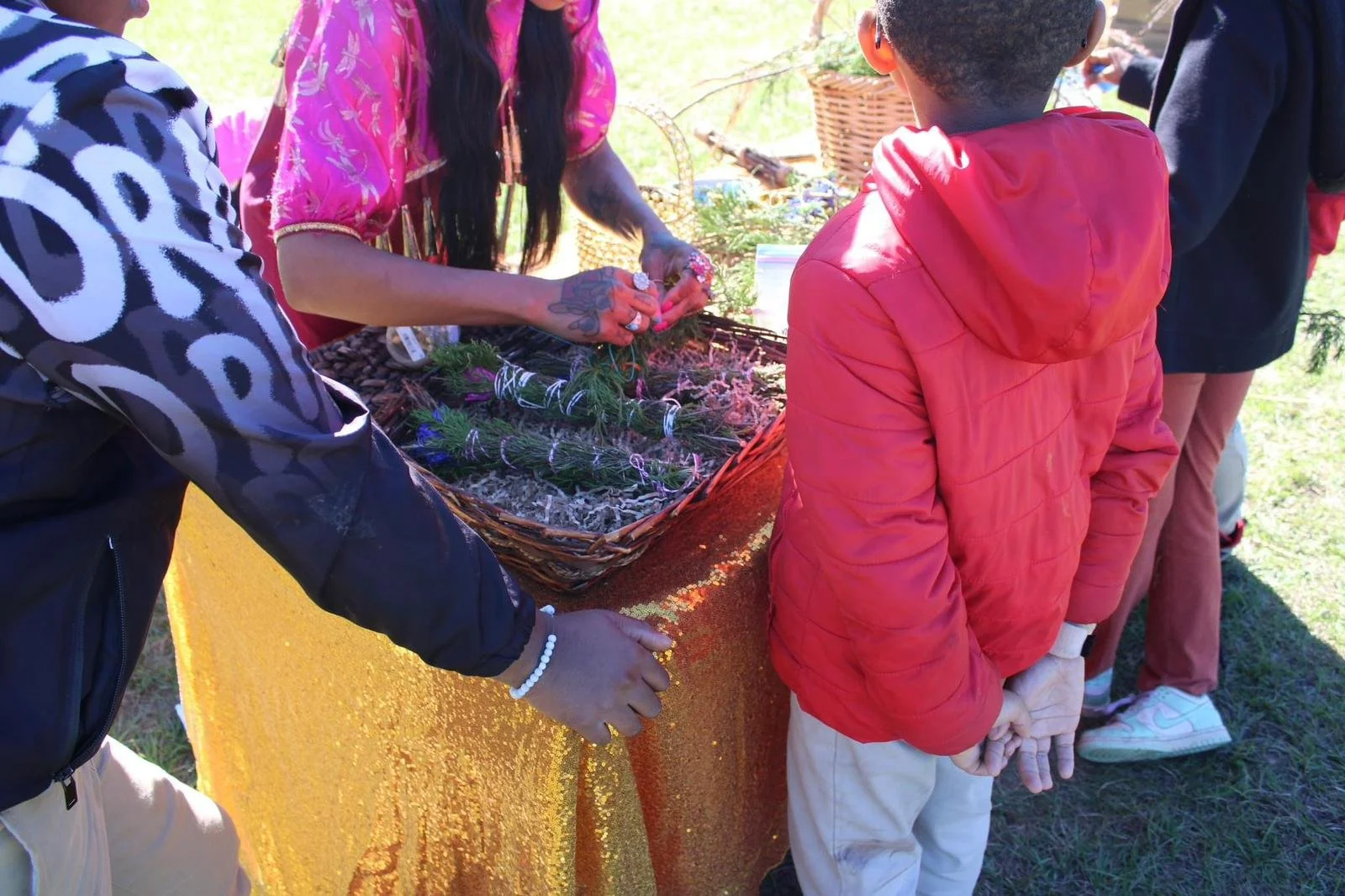Why Black and Indigenous Solidarity is Essential
Black and Indigenous solidarity is not just a historical phenomenon— it is a vital and ongoing act of survival, resistance and transformation. Rooted in centuries of shared struggle against colonialism, slavery, and systemic violence, this solidarity offers a powerful framework for dismantling oppression and building a future grounded in justice, equity and liberation.
A Shared History of Resistance
From maroon communities formed by escaped African slaves and Indigenous allies to the Underground Railroad connections facilitated by Indigenous nations, Black and Indigenous peoples have long recognized their interconnected fates. Both communities were targeted by colonial systems that sought to enslave, displace, and erase them.
In response, they built alliances that defied these systems, combining strengths to fight for freedom and survival.
This history of resistance continues into the present. The civil rights and Red Power movements of the 20th century exemplified how Black and Indigenous communities united to challenge systemic racism and fight for self-determination. Organizations like the Black Panther Party and the American Indian Movement (AIM) shared strategies, supported each other’s struggles, and created models of community care that remain relevant today.
Cultural Resilience and Healing
Black and Indigenous solidarity is also about cultural survival and renewal. Both communities have faced attempts to erase our traditions, languages and spiritual practices. Yet, through resilience and exchange, we have preserved and adapted our ways of knowing. Afro-Indigenous communities, like the Garifuna in Central America and the Africatown and Gullah Geechee in the US South, embody this fusion of cultural traditions, showing how shared histories can give rise to vibrant identities.
This cultural resilience extends to the fight against gendered violence. The Missing and Murdered Indigenous Women and Two-Spirit (MMIW2S) crisis and the epidemic of violence against Black Women highlight the need for solidarity in addressing systemic neglect and harm. Together, Black and Indigenous Women and Two-Spirit peoples have led efforts to protect and uplift our communities, often forming the backbone of grassroots movements for justice and healing.
Shared Struggles Against Oppression
Both Black and Indigenous peoples have faced—and continue to face—disproportionate levels of state violence, environmental injustice, and economic marginalization. From police brutality to mass incarceration, from land theft to environmental destruction, the systems that harm Black communities are often the same ones harming Indigenous communities. Recognizing these shared struggles strengthens our ability to resist them together.
The fight against environmental injustice is a prime example. Black and Indigenous communities are disproportionately impacted by extractive industries, pollution and climate change. Standing Rock, Flint, Black Mesa, and Cancer Alley are all connected by a common thread: systemic disregard for Black and Indigenous lives. Solidarity between our communities has fueled environmental justice movements, creating coalitions that demand accountability and change.
Building a Future of Liberation
In a world shaped by colonialism and white supremacy, Black and Indigenous solidarity is a radical act of love and resistance. It challenges the systems that seek to divide and conquer, instead fostering connections rooted in mutual respect and accountability. Solidarity is not just about shared pain; it is about shared hope, shared vision and shared liberation.
To build a future where both people and Mother Earth can thrive, we must learn from the histories and teachings of Black and Indigenous communities. Our struggles—and triumphs—offer a blueprint for resilience and renewal, for reimagining relationships with the land and with each other. Solidarity is essential because it reminds us that our liberation is bound together and that we are strongest when we are united.
As we face the challenges of our time, let us carry forward this legacy of Black and Indigenous solidarity. Let us honor the histories that brought us here and commit to building a future where justice, equity and kinship guide the way forward. Together, we can create a world where both people and Mother Earth not only survive but thrive.




